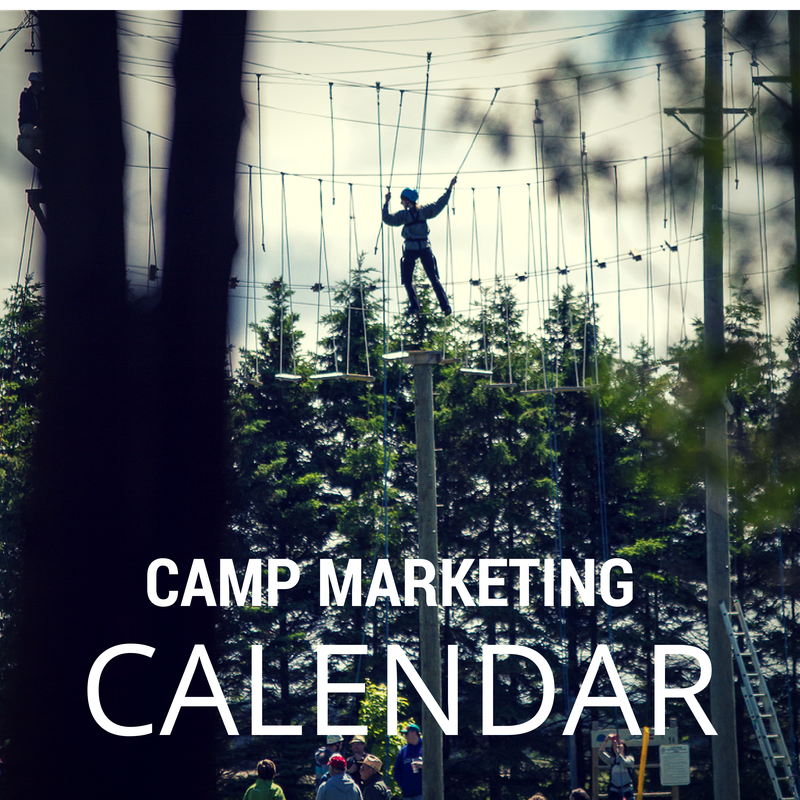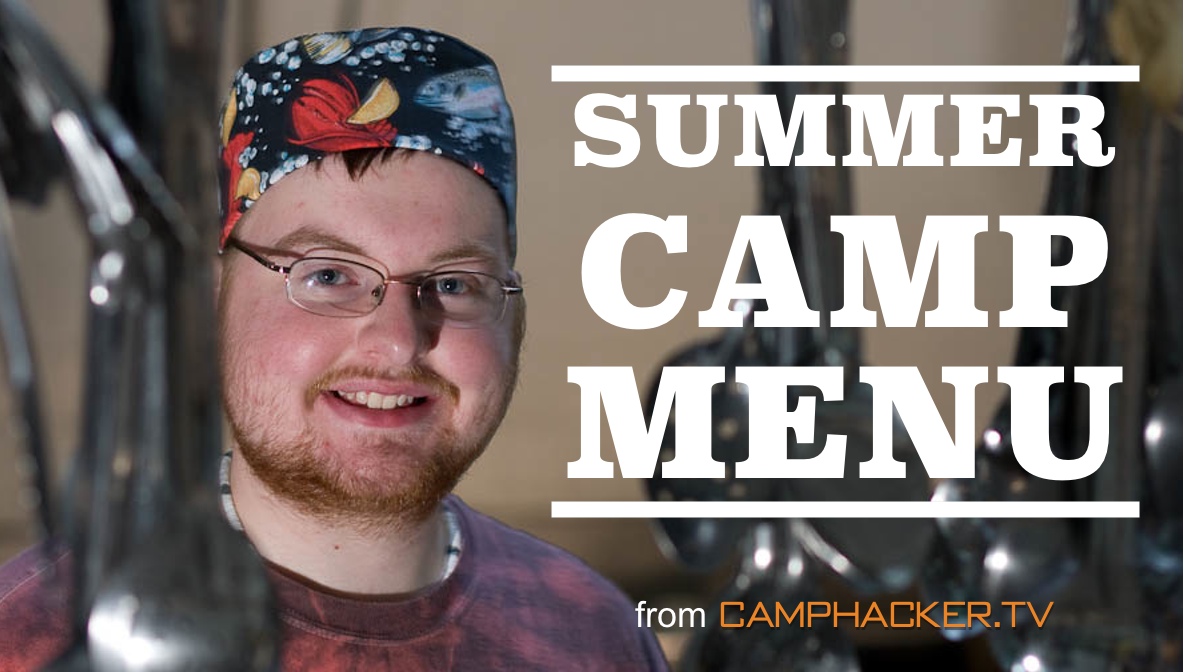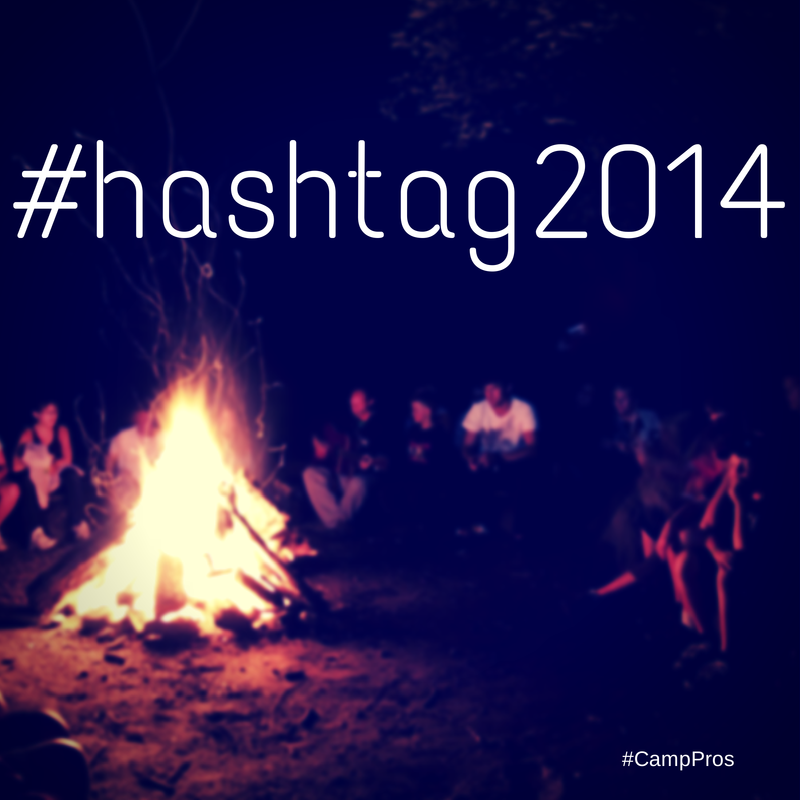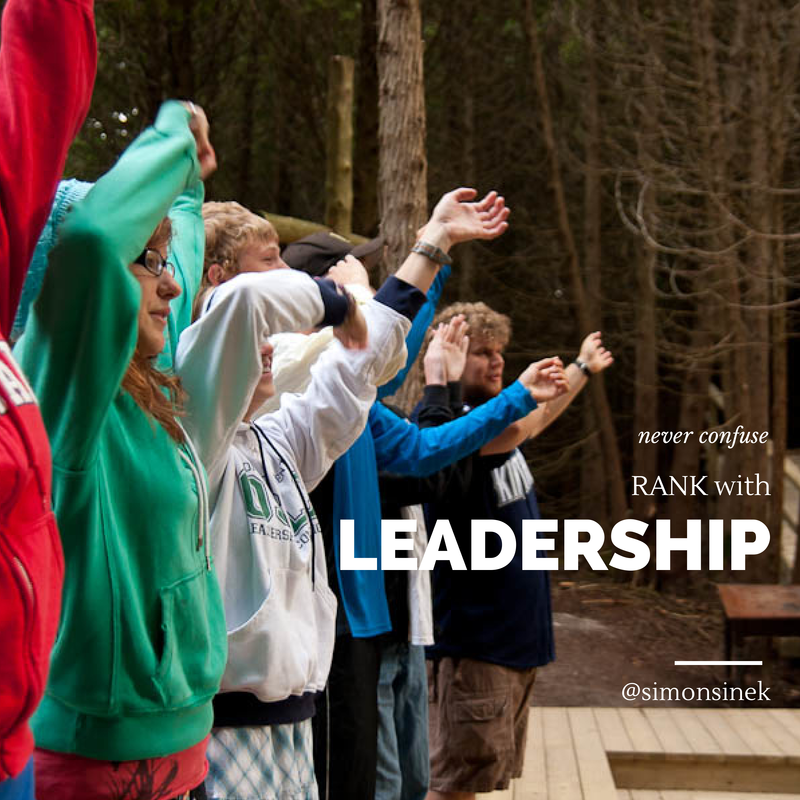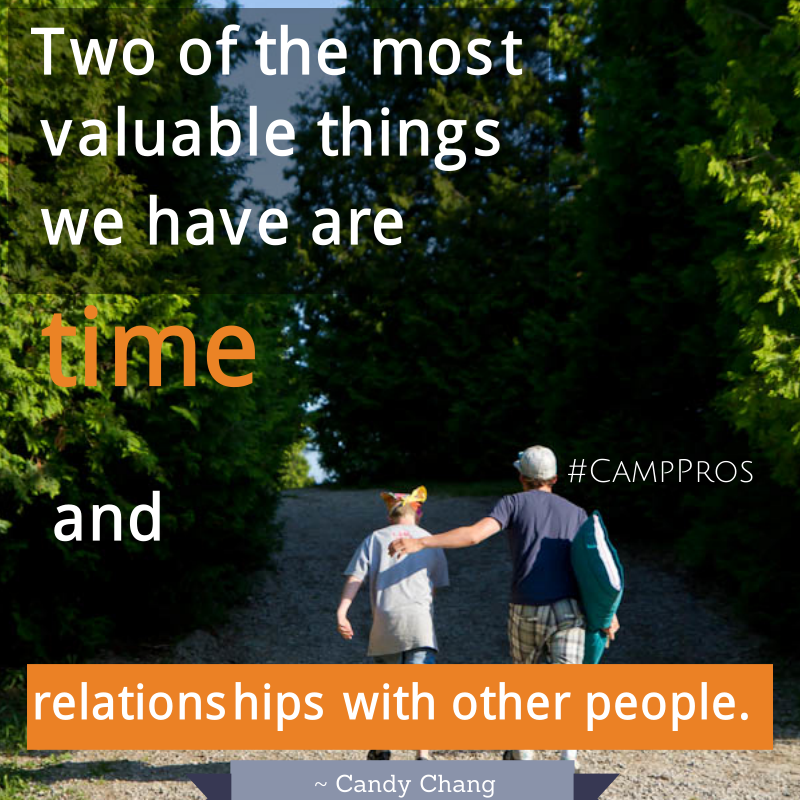Do you look to your camp families for feedback through surveys? As consumers, we receive survey requests all the time - on our receipts, in email, on a postcard etc. As a day-camp, we've used customer feedback surveys in the past to insure that our camp families were completely satisfied with a their child's experience after a week at camp. Sending surveys at the end of the week offered us some very valuable feedback on staff, location, and other suggestions on how we could improve the program. This year at The Handwork Studio, we implemented a mid-week survey and we saw instantaneous, real-time feedback on our camp programs. Below I've listed 5 ways the mid-week parent feedback survey to parents can help improve your day camp program.
1. Create better experiences
While we work hard to make sure that every single child and their parents had the most amazing week at camp, sometimes this is isn't the case. Sending a survey late on Tuesday helped us identify areas where a camper might not have been having the best possible experience and we could come in and make their time with us better. Sometimes it could be as simple as identifying a certain skill that the child was excited about learning. Whatever the circumstance may be, sending the survey before the camper leaves camp for the week is a sure fire way to turn around a situation and create better experiences for your campers and their parents. Even in the event that the parent and camper are happy, by taking any input they have and letting them know they've been heard, we are creating a memorable customer service experience for the the parents.
2. Understand how your parents perceive your camp
With multiple locations, our Camp Director can't be everywhere at the same time. The surveys we sent out helped us gather important feedback on how our parents were interacting with the staff. We were able to identify what the parent's expectations of staff were, where we needed to make adjustment, and generally overall how well of a job our counselors were doing to deliver amazing experiences to our parents and campers. In addition to this, the surveys also helps us collect some amazing testimonials about our camp programs that we can use in for the next summer.
3. Develop deeper relationships with your camp families
As we get responses back from each of our surveys, we are reaching out to each family that submitted feedback to thank them for their input and acknowledge that we've heard them. With the responses where parents are not completely happy our team collaborates to resolve the issue at hand as quickly and effectively as possible. Surveys have helped us take a more personal approach with our families. We are reaching out to them more and developing long lasting relationships. Parents are grateful for the responses we give them and we've heard from them that they are more likely to recommend us to a colleague or friend based on our quick and timely responses. Camp is a very personal business, and mid-week surveys provide our team another touch point with parents. As we gather the responses and respond to the families we are also able to identify the sites that are doing amazing work and acknowledge those teams during the week. Our site directors and counselors love hearing the feedback as much as we do! Giving all types of feedback to counsellors in real time can be invigorating after many weeks of camp and can give the Camp Director insight into problem counsellors.
4. Gather valuable suggestions on how to be better
At The Handwork Studio, we are always striving to be better, do better and create amazing experiences in camp. Our surveys have helped us better understand what is important to parents and their children. It also awards us the opportunity to respond to ideas that parents have suggested. Parents want to be heard. Their investment in our program is an investment in their child, and we want to provide them a place to share their thoughts. Our mid-week surveys are the most ideal avenue for this feedback. At the end of the camp season, we'll take all of the feedback and put it into one document to see where we can continue to improve our program.
5. Identify areas to adapt your staff training for the next year.
Staff training is at the core of how we launch our camp programs each year. While we might think we've covered everything, there might be a few areas where we can spend more time. The feedback from parents helps us better understand how we can tweak our staff training for next year or continue to supply training resources throughout the the summer. The surveys also give us real-life documented examples of parent feedback that we can incorporate into future camp training.
Sending customer feedback surveys early in the week has been a game-changer for our camp. We are much more connected to our parents and are able to resolve any issues in an effective and timely manner. We are collecting real-time feedback while simultaneously ensuring that both the camper and their parents are completely satisfied with their time at our camp!
Do you use summer camp surveys for your day camp? Share your experience with sending camp surveys in the comments below!
---------
[from Travis: This article comes to us from Megan DiFeo, curriculum & marketing director at The Handwork Studio. Thanks, Megan!
About The Handwork Studio
The Handwork Studio LLC is a kids' needle arts and fashion studio. Our purpose is to pass down the tradition of teaching practical arts such as knitting, crocheting, hand and machine sewing, embroidery, quilting, fashion and crafts in a fun and relaxed environment. Our staff is comprised of professional artists, instructors and skilled teachers, dedicated to making each student feel special. Headquartered just outside of Philadelphia in Narberth, PA, we operate summer camps in 30 locations in seven states, bringing our brand of needle arts fun to over 3,000 campers every year. Learn more at thehandworkstudio.com.]




